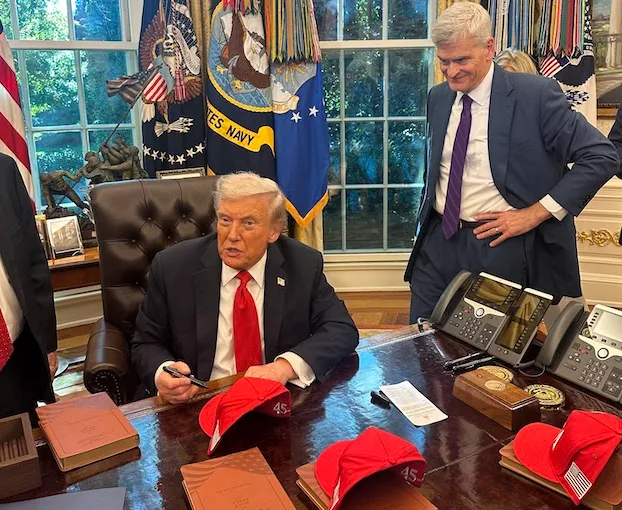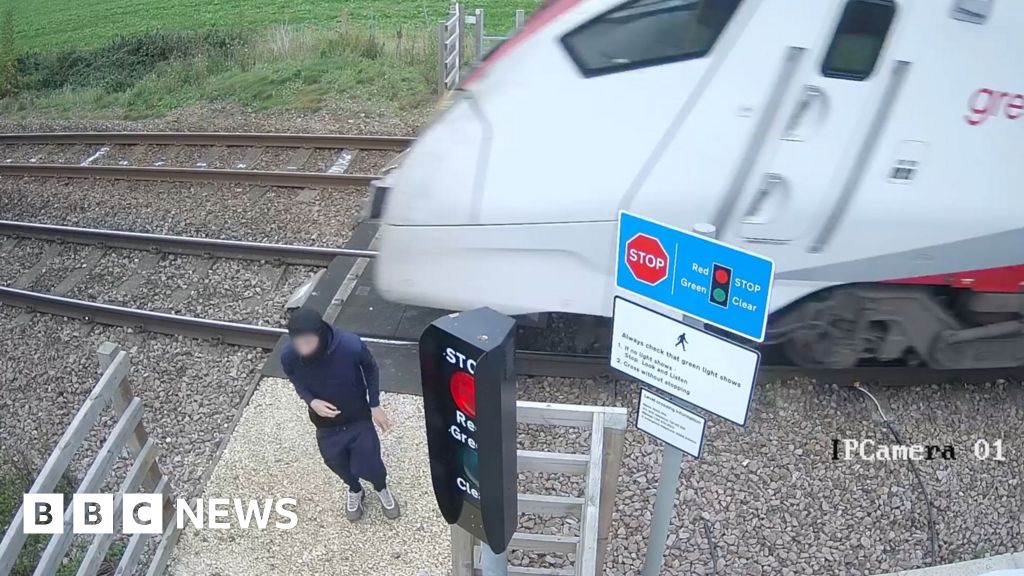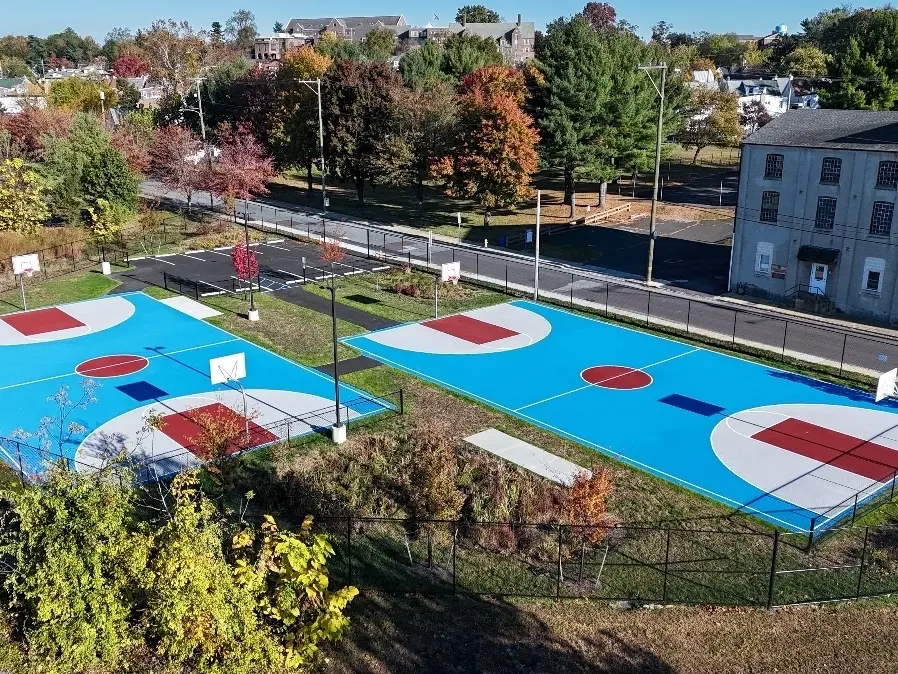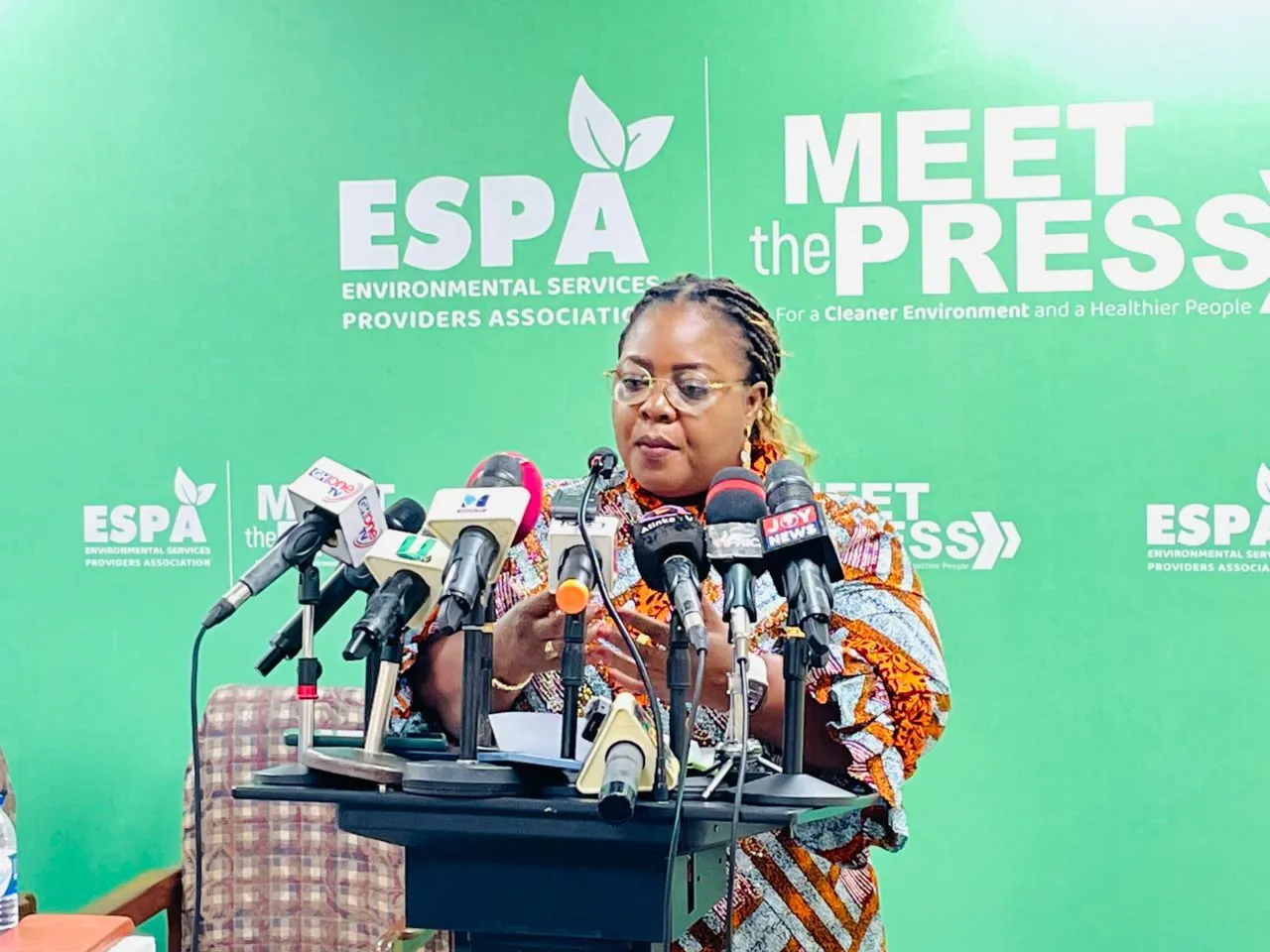Copyright metro
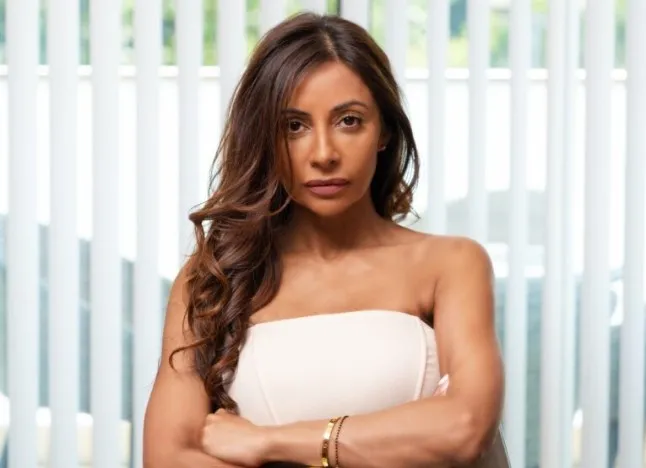
Jothie has been fighting to reduce medical stigma in her community since her breast cancer diagnosis (Picture: Supplied) Jothie Walford can still remember the GP’s exact words to her: “I’m not going to lie to you, it’s breast cancer“‘. She can also recall how her brain was immediately flooded with uncertainty, fear and embarrassment. ‘I remember thinking “am I going to die? Is this it? Is this my life? Is this the end?'” the 50-year-old tells Metro. Jothie was also overwhelmed with feelings of guilt and shame. Being a mum of two girls – one who was doing her A-Levels at the time – she says her instinct was to think about ‘everyone else’ and how it would impact them. Jothie first thought of the impact of her diagnosis on her daughters and parents (Picture: Supplied) It was just a few days earlier that Jothie had found a lump near her left armpit. Thinking little of it, she booked in at her local doctors’ surgery and went to the appointment on her lunch break, taking a work friend with her. Jothie, who is the Managing Director of appliance manufacturer Gtech, remembers them both immediately ‘bursting into tears’ when her GP said she thought the lump was cancer. Within two days, Jothie had booked an appointment with a consultant for further tests. ‘Obviously, it’s embarrassing, because you don’t usually take your top off [in front of a stranger]. But you think – right, I have no choice, I just have to get on with it,’ she says. The consultant told Jothie he didn’t think the lump was ‘anything to worry about’. However, when she explained that her GP was worried that the it could be cancerous, he booked her in for a precautionary biopsy and a mammogram. Having been reassured by the consultant that nothing was wrong, Jothie went to get the results of her mammogram and biopsy alone (Picture: Getty Images) Jothie adds: ‘I went back the following week for the results by myself, because I was so confident that there was going to be nothing wrong with me.’ Instead, the consultant told her that the tests showed she had stage two, grade two breast cancer. ‘I was in shock. Then I thought about my family – and with that came a feeling of embarrassment,’ she admits. Jothie’s parents were first generation immigrants from the Punjab, in Northern India, who moved to the UK in the early 1960s and set up a manufacturing business. She explains that her initial feelings of shame came from knowing how certain medical diagnoses within the Indian community could be perceived, particularly cancer. ‘It’s like if you talk about it, you’re inviting it in,’ says Jothie. ‘There’s this focus on respect and family reputation. Back in the day you’d have things like arranged marriages, and it’s thought that if you have cancer, you have bad genes. You weren’t to mention it, because the whole family would be tainted.’ She adds that the shame is also reinforced by the idea that illness can be ‘spoken into existence’. ‘It’s a bit like manifestation,’ Jothie explains. ‘You don’t talk about cancer because if you do, [it is believed that] it will happen.’ Jothie’s parents moved to the UK from Punjab, Northern India (Picture: Getty Images) Research from Metro and the Diversity Standards Collective shows that 56% of South Asian women have felt pressured to keep health concerns private due to fear of community judgment. This figure rises to 62% among women over 35. Meanwhile a feeling of shame or embarrassment ranked second to the that of being a burden to others, with more than half of South Asian women saying this factor made it difficult to talk openly about their health. Jothie knew that any cultural embarrassment would be heightened by the type of cancer she had. ‘Because they are sexualised, you don’t talk about your breasts; you don’t talk about periods. They’ve always been thought of as private, and shameful,’ she says. Due to such stigma, Jothie admits she didn’t share the news with her family straight away. Following her initial diagnosis, she underwent various tests to find out if the cancer was anywhere else in her body. The waiting was the worst time, Jothie says, as she can remember questioning ‘every ache and pain’, until she received a call confirming the cancer had not spread. Her surgeon reccomended Jothie have a mastectomy and a complete removal of all her lymph nodes, which she agreed to. ‘Because the lumps were so big, he didn’t know if he was going to save my breast or not. But it becomes irrelevant. You’ve got to be alive.’ Jothie dreaded telling her parents about her diagnosis (Picture: Getty Images) She also knew that it was time she had to share her diagnosis with her family – although it was difficult finding the words. ‘I felt like I had done something wrong,’ Jothie remembers, explaining that older members of the community sometimes think that a person diagnosed has ‘sinned’ in their past, ‘causing’ the illness. ‘I didn’t actually say it was cancer straight away when I told my parents. I said there was a lump in my arm. I told my mum and dad together, but I didn’t want to talk about my breasts in front of my dad.’ A few weeks later, Jothie decided she needed to be completely honest and say the word to her parents. ‘I said, “look, it’s cancer“,’ she remembers. ‘I think they were in shock. They didn’t say anything.’ In May this year, Jothie had her first operation. ‘My surgeon saved the skin of my breast, but he had to scoop out the rest like a melon,’ she explains. A temporary implant was fitted, and Jothie recovered for six weeks post-operation. From biopsies taken in Jothie’ surgery, the doctors found that her cancer was Oestrogen-based, meaning her body produced too much of the hormone. Around 70% of breast cancers are Oestrogen-based. The next step was radiotherapy and throughout her various tests, surgeries and treatments, Jothie continued to work when she could. ‘I like to keep busy. I think work got me through it. It gave me something to focus on, rather than just the cancer,’ she says. Soon after she was diagnosed, Jothie pitched the idea of the ‘Power Through Everything’ campaign to Gtech’s CEO Nick Grey, in a bid to ‘give something back‘. Jothie says focusing on the project, such as choosing the colour of the product, helped her get through the toughest times (Picture: Supplied) The idea was to maintain hope throughout a diagnosis, based on Jothie’s own determination to keep a sense of normality — through things like going to work — despite her condition, which she continues to undergo treatment for. ‘I realised how many people were impacted and how many women were going through the same nightmare as me,’ she says. ‘I knew I had a fantastic platform being MD of Gtech so wanted to do something to help others going through the same. ‘It has really got more women talking and reminding them to check their breasts and underarm area, as I never did it is so important.’ In July, Gtech launched the project, with a pink AirRAM3 vacuum at its heart — a special-edition, pink handheld vacuum cleaner. Over the next year, the company aims to raise £100,000 for charities Breast Unit Haven and Macmillan Cancer Support, both of which provided support for Jothie through her recovery. Now, Jothie wants to use her platform to educate and encourage people to face the fact that ‘cancer does happen’ and destigmatise medical diagnoses in the Indian community. Nick was incredibly supportive of Jothie’s idea (Picture: Supplied) ‘Still, to this day, my parents have never said the word cancer. Instead, they ring me and say “How are you? How’s your arm?” ‘It was sad. I was upset in the early days, because usually you’d speak to your mum about something liket his, but I didn’t feel I could discuss it with her,’ she says. ‘You don’t have that element of sharing your story or knowing [another person] who went through it, because it’s shameful, and a secret. ‘As far as I’m concerned, I’m the first to have cancer in my whole extended family. But I don’t know [for certain], as it’s never talked about.’ Jothie is also keen to share her story as she knows that stigma can prevent awareness of family history, which is especially vital, as breast cancer can be hereditary. ‘The impact is, by the time Indian women are diagnosed, it’s much later. They end up with a higher risk of complications, and a lack of emotional support,’ she explains. https://www.instagram.com/p/DMPyYbLi7C3/?img_index=1 With one in two people experiencing cancer in their lifetime, Jothie says it’s vital for all women to be breast cancer aware and self-check. ‘It’s the most prevalent cancer in the Indian community, and for women. If I hadn’t accidentally found that lump, it would have carried on growing.’ She adds that if someone does get a cancer diagnosis, the most important thing is to not blame yourself. ‘It can happen; it’s nothing to be embarrassed of, and it’s nobody’s fault.’ Gtech are hosting a charity ball on March 7 to raise money for breast cancer. For more information click here.
